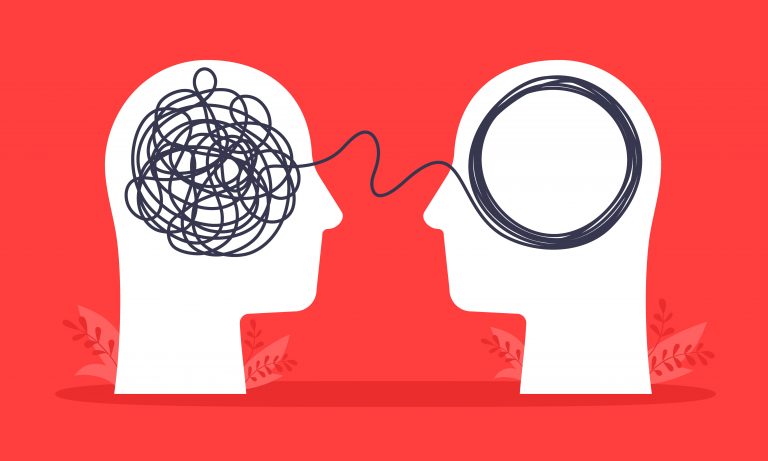Millions of the COVID unemployed were once optimistic about finding work, returning to their old jobs in the same industry and landing positions with higher wages than they were earning before they were sidelined. But eight months after an unprecedented economic shutdown millions of those workers hardest hit by COVID-19 are still without a job.
Last May, a LiveCareer survey found that 85% of those left unemployed by the pandemic expected to return to work by November; a majority, 56%, of job seekers said they were looking for work in the same industries from which they were laid off; and 90% expected to earn the same or more than they did in their most recent job.
These findings, in a May 6 – May 11 survey of 1,519 people who lost their jobs due to the coronavirus, foreshadowed trouble ahead for the millions of unemployed if the economy continued to struggle and key industries did not return to their pre-pandemic employment numbers. Job seekers’ expectations were not borne out in reality. Only about half of the jobs shed in March and April have returned, and as we enter November companies are still laying off workers en masse.
Job seekers’ expectations were not borne out in reality. Only about half of the jobs shed in March and April have returned, and as we enter November companies are still laying off workers en masse.
At the height of the crisis, the ranks of the unemployed swelled to more than 23 million. By September, the number was down to 12.6 million — still the highest since the peak of the Great Recession.
Victoria Prowse, an associate professor of economics at Purdue University, says some people are out of work “because they are too discouraged about their job prospects to look for a job or because they have been attending to other obligations like childcare.”
Prowse’s assessment is supported in a fuller picture that is much darker. About 4.7 million people are stuck in part-time positions, staying home to care for family, or can’t find time to search for a job. Many others — roughly 235,000 — have given up entirely, believing there’s no work available for them.
Job seekers have a tough road ahead. The extra $600 in weekly unemployment benefits is long gone, and Congress is at an impasse over a second COVID-relief package.
Meanwhile, the country is grappling with another wave of COVID cases that’s expected to stretch into winter.
Change of industries necessary for most job seekers
The unemployed hoping to return to their old career might be disappointed. Restaurants that weathered the storm thus far are laying off scores of workers. Entire industries are once again on the brink of disaster as federal aid runs out. But most job seekers didn’t expect to be looking for a job outside their industry — and they, as it turned, out were unrealistic as to how their income would be impacted when they returned to the job market.

 The COVID economy will remain very competitive, and job seekers may need to change industries. Transferable skills — skills that are valuable in multiple industries — are key. The majority of job seekers, however, aren’t confident in identifying those skills.
The COVID economy will remain very competitive, and job seekers may need to change industries. Transferable skills — skills that are valuable in multiple industries — are key. The majority of job seekers, however, aren’t confident in identifying those skills.
If properly employed, transferable skills will help job seekers stand apart from the competition and rise to the top. Here’s how to use them to your advantage:
- Highlight transferable skills on your resume. Those who worked in an industry decimated by COVID should consider changing the course of their career. If you don’t have the time, money or inclination to further your education, you can still rely on your transferable skills. Start with our Skills Match Series, which touches on every major industry seriously affected by COVID. Each article provides tips on how to identify your transferable skills and highlight them on your resume.
- Write a cover letter that hones in on transferable skills. Fifty-three percent of employers prefer candidates who submit cover letters, and 75% say a well-written cover letter can improve the odds of a less qualified candidate getting an interview. By crafting a compelling cover letter, you have a chance to surpass applicants who have more experience or stronger credentials. Just make sure to explain how your skills apply to the new position.
Finally, if you have the means, you could make an even bigger change. When the coronavirus hit, Sophia Monique Batts lost her job at Oahu Woodworking, Inc., a cabinetmaking and millwork shop in Kapolei, Hawaii. She wasn’t sure how her skills could transfer to other positions, so after months of searching, she enrolled in classes at the University of Hawaii – West Oahu to pursue a degree in social work.
“I plan to help as many people as possible by creating a nonprofit organization that will directly benefit those who are homeless or incarcerated because of untreated mental health concerns,” she says.
“This is a vision I have, and I am progressing towards my goal.”
Donald Sjoerdsma is a freelance writer with more than five years’ experience in digital media. His work has appeared in a variety of publications, including Oprah.com, Yahoo! and HuffPost. While at OWN: Oprah Winfrey Network, his creative use of archival content was a driving force in the company’s success on YouTube. He received an M.S. in Journalism from Northwestern University, where he specialized in media innovation.
This article first appeared on LiveCareer.



























